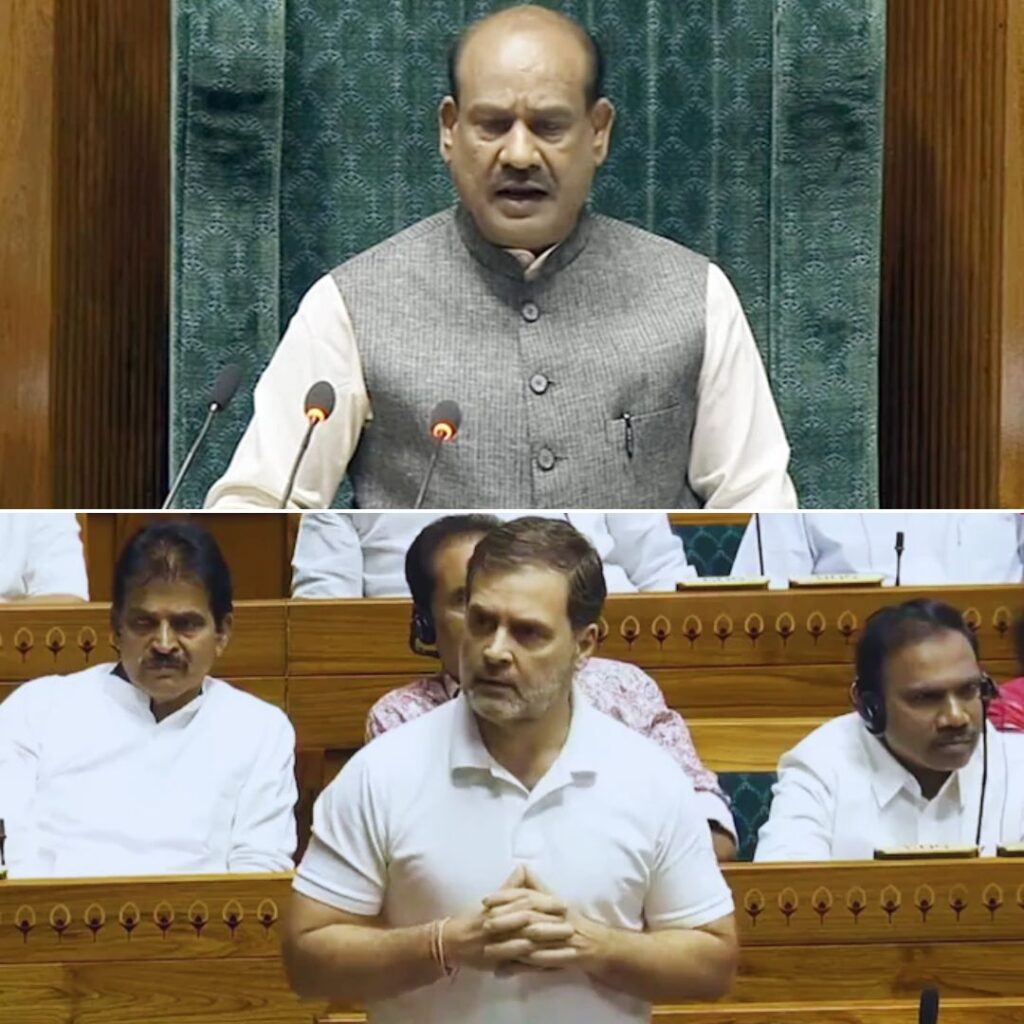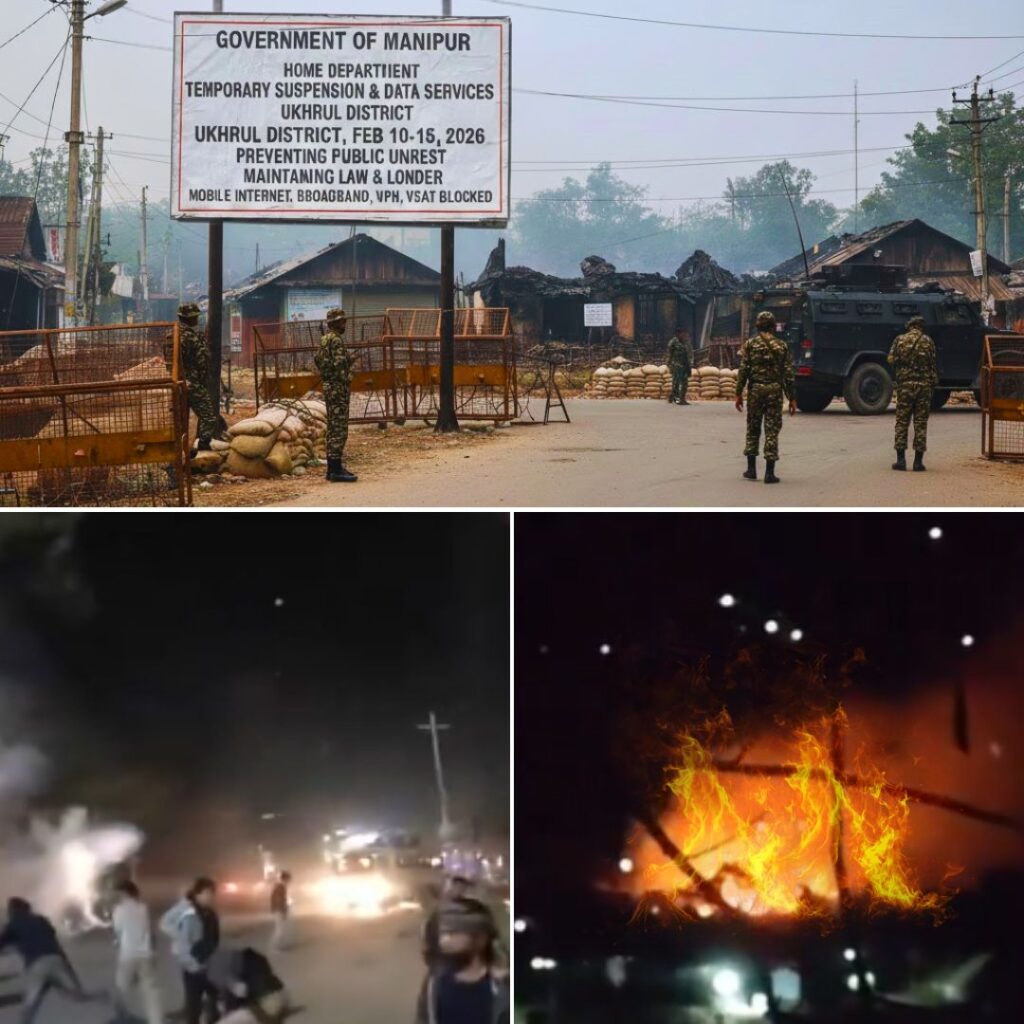Over 200 people in Dehradun, Uttarakhand, have been hospitalised after consuming adulterated buckwheat flour during the Navratri fasting period. Health officials confirmed that patients’ conditions are stable, although around 40 individuals experienced severe symptoms, with some losing consciousness.
Investigations are ongoing to identify the source of contamination, which appears to originate from suppliers in Saharanpur, Uttar Pradesh, and Vikasnagar, Dehradun. Authorities have arrested three individuals linked to the supply chain and sealed several shops, with Chief Minister Pushkar Singh Dhami assuring that no one will be spared.
Adulterated Flour Causes Mass Illness
In a shocking incident that has raised serious concerns about food safety, over 200 individuals in Dehradun fell ill after consuming adulterated buckwheat flour during the Navratri festival. This traditional fasting period saw a surge in demand for specific food items, including buckwheat flour, which is often used to prepare various dishes.
Reports indicate that on Sunday evening, many devotees began experiencing symptoms such as nausea, vomiting, and abdominal pain shortly after consuming meals made with the flour.
The Dehradun Senior Superintendent of Police Ajay Singh reported that 66 patients were admitted to Coronation Hospital while another 44 were taken to Doon Medical College and Hospital. In addition, cases were reported in Haridwar’s Laksar block, where 18 people were hospitalised. Health department data shows that 335 people sought treatment at ten hospitals, with 227 admitted to government and private facilities.
Health Secretary R Rajesh Kumar reassured the public that all patients are currently stable. Following the alarming reports, Chief Minister Pushkar Singh Dhami visited affected individuals at the hospitals and stated, “The people who fell ill are receiving treatment here. Whoever is responsible for this will not be spared.”
Swift Action and Investigation
In response to the incident, the Food Safety and Drug Administration Department (FDA) swiftly mobilised teams to conduct raids on shops and establishments throughout Dehradun and its surrounding areas. Preliminary investigations revealed that the contaminated buckwheat flour had been supplied from Saharanpur in Uttar Pradesh and Vikasnagar in Dehradun.
Authorities have since sealed 22 shops implicated in selling the tainted flour and confiscated all edible items from these establishments. In a significant development, three individuals have been arrested in connection with supplying the adulterated flour, including two from Saharanpur.
The main supplier, Laxmi Trading—owned by Sheeshpal Chauhan in Vikasnagar—was identified as procuring unground buckwheat from M/s Govind Sahay Shankar Lal in Saharanpur and milling it at Vikas Goyal’s facility there. Doctors suspect that the flour was contaminated with fungus, leading to food poisoning among consumers.
The Logical Indian’s Perspective
The incident in Dehradun serves as a stark reminder of the importance of food safety and the need for stringent quality control measures—especially during religious festivals when certain food items see increased consumption.
The rapid spread of illness among devotees highlights vulnerabilities within our food supply chain that must be addressed urgently. It is crucial that authorities ensure thorough investigations are conducted and that those responsible for the adulteration face appropriate consequences.
Moreover, this situation calls for increased awareness among consumers regarding food safety practices and vigilance when purchasing products from local vendors. Community engagement is essential in promoting responsible sourcing and consumption habits.
How can we, as a community, promote greater awareness and responsibility among food suppliers and consumers alike to prevent such incidents from recurring and safeguard public health? Encouraging open discussions about food safety standards can foster a more informed consumer base while holding suppliers accountable for their products.
आज मुख्यमंत्री श्री @pushkardhami जी ने कोरोनेशन अस्पताल, देहरादून पहुंचकर फूड प्वाइजनिंग से बीमार हुए लोगों का कुशलक्षेम जाना और अधिकारियों को मरीजों के समुचित उपचार उपलब्ध कराने के निर्देश दिए।
— BJP Uttarakhand (@BJP4UK) March 31, 2025
इस दौरान मुख्यमंत्री जी ने खाद्य सुरक्षा मानकों का कड़ाई से पालन करने और घटना के… pic.twitter.com/njYpbusZiv












